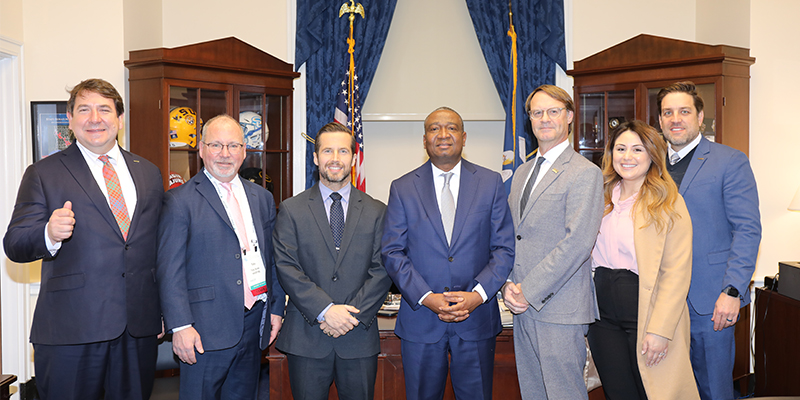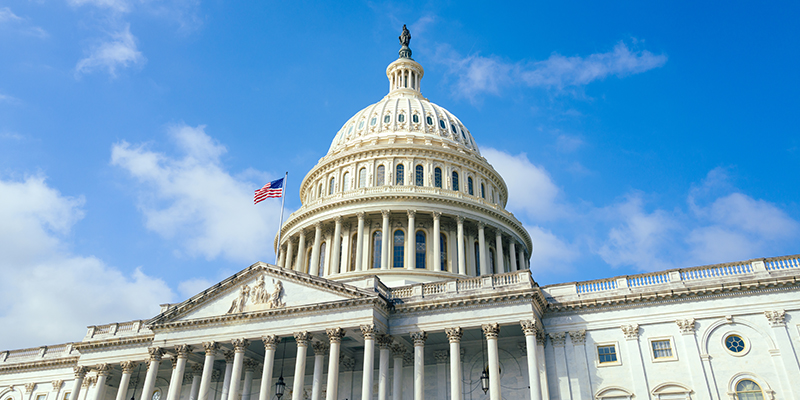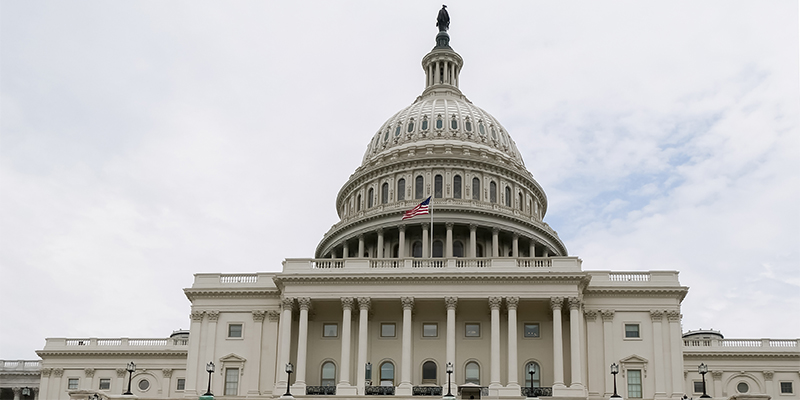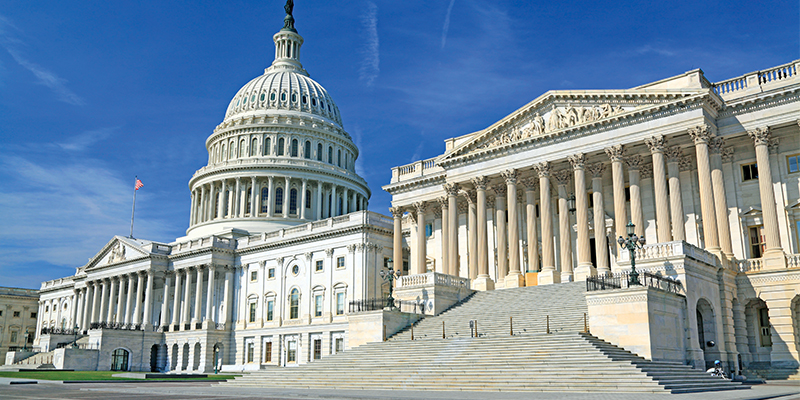February 11, 2026
Last week, NAIOP members from chapters across North America came to Washington, D.C., to participate in the 2026 Chapter Leadership & Legislative Retreat. The event capped off on Wednesday with NAIOP’s Capitol Hill Day, when NAIOP members and chapter local executives met with Senate and House members and their staff.











